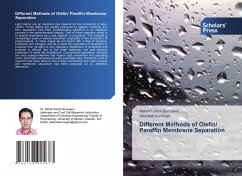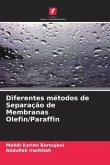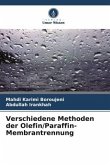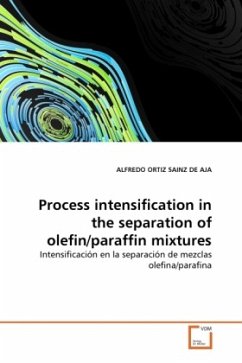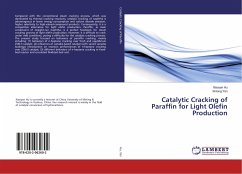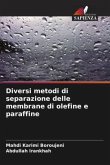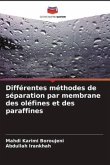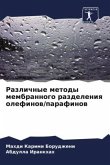Light olefins are an important raw material for the production of poly-olefins. These olefins are usually produced by catalytic cracking, and their separation from their corresponding paraffin's is an important process in the petrochemical industry. One of these materials, which is of special importance as a raw material, is propylene. This material is increasingly used in various industries, especially in the production of polypropylene. In many cases we are faced with a flow of propane, propylene and nitrogen, and as a result the separation of propylene or propane from nitrogen is very important. Separation of propylene and propane is difficult due to the close molecular size and physical properties of these two substances. Conventional separation methods are very energy-intensive and require high investment and operating costs, and these processes are also potentially risky. Therefore, a lot of research has been done to find a more economical and safer process and membrane separation has been proposed as an attractive alternative.
Bitte wählen Sie Ihr Anliegen aus.
Rechnungen
Retourenschein anfordern
Bestellstatus
Storno

